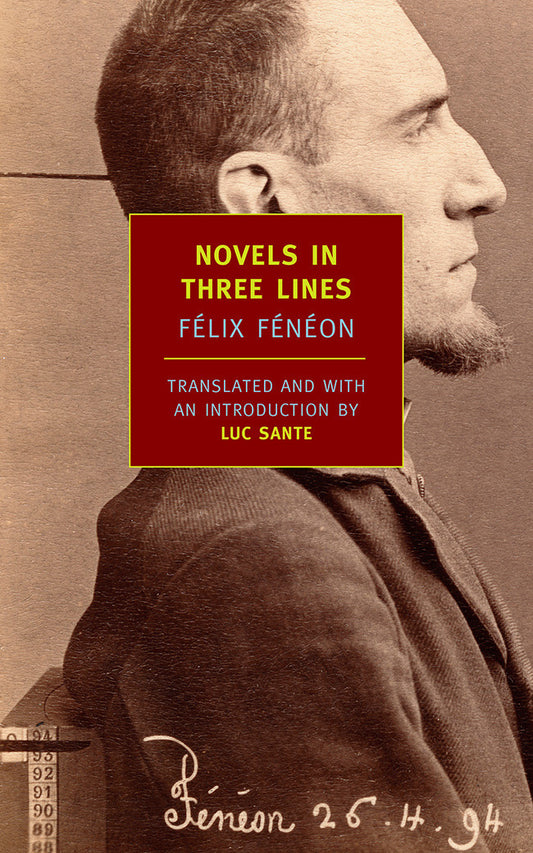Collection:
Félix Fénéon
Félix Fénéon (1861–1944) was born in Turin (his father was a traveling salesman), raised in Burgundy, and came to Paris after placing first in a competitive exam for jobs in the War Office. He was employed as a clerk there for thirteen years, rising to chief clerk, and was considered a model employee. During this time he also edited the work of Rimbaud and Lautréamont, reviewed books and art (he helped to discover Georges Seurat), and was a regular at Mallarmé’s Tuesday evening salon. Fénéon was active too in anarchist circles, and in 1894, after the bombing of a restaurant popular among politicians and financiers and the assassination by an Italian anarchist of the French president, he and twenty-nine others were arrested on suspicion of conspiracy—though in the subsequent so-called Trial of the Thirty Fénéon and most of his co-defendants were easily acquitted. Soon after, Fénéon became the editor of the Revue Blanche, where he featured Debussy as his music critic and André Gide as his book critic and published Proust, Apollinaire, and Jarry, as well as his own translation of Jane Austen’s Northanger Abbey. After the Revue Blanche folded, Fénéon went to work as a journalist, first for the conservative Le Figaro, then, starting in 1906, for the liberal broadsheet Le Matin, for which he composed the pieces collected in Novels in Three Lines. In later life Fénéon sold paintings at the Bernheim-Jeune gallery and for a while ran his own publishing house. In response to a proposal to publish a collection of his own work, he remarked, “I aspire only to silence.”





